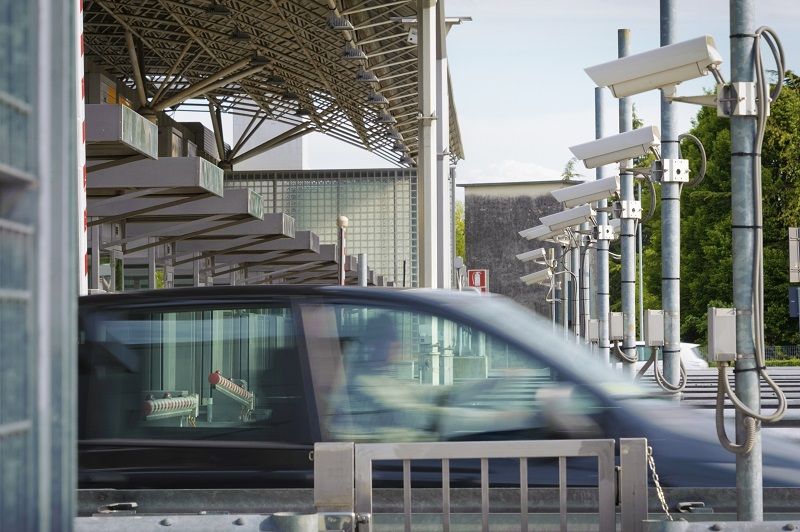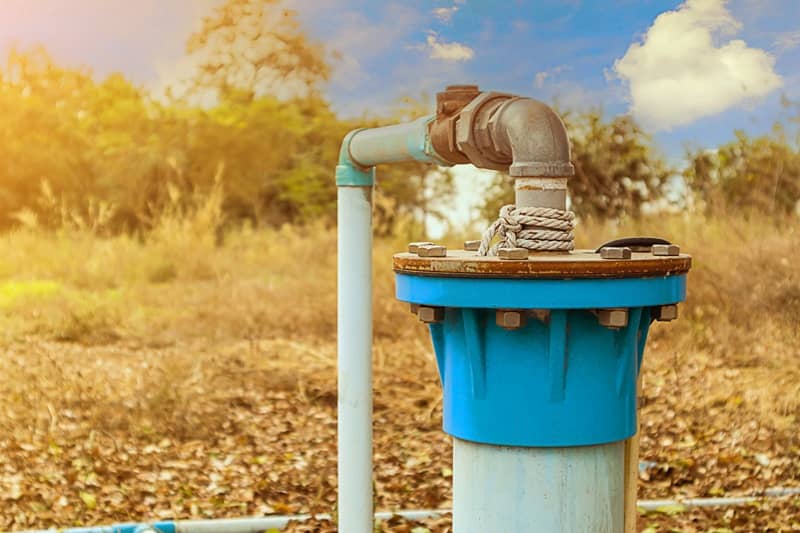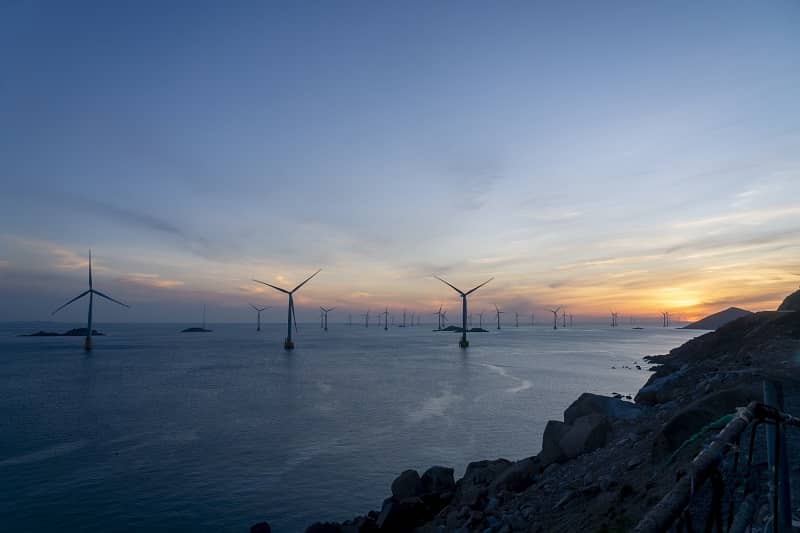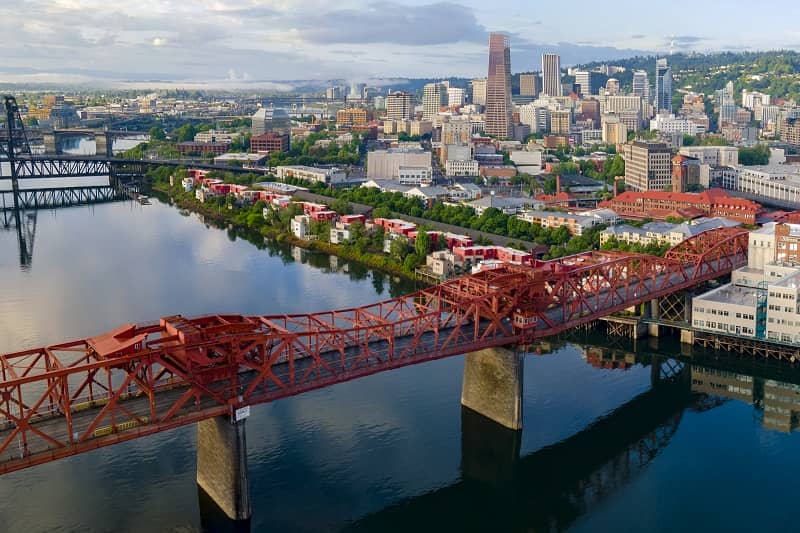

The Oregonian has stirred up debate recently with its investigative report on the proposed deepening of the Columbia River navigation channel. Now proponents and opponents are arguing about whether the net benefits will exceed the net costs, and which interest group will gain the most from federal investments.
Unfortunately, this is an unavoidable problem when federal funds are being used. The process is called pork-barreling. Several years ago then-Congressman John Kasich of Ohio proposed a very simple solution: abolish the federal Department of Transportation and get the federal government out of the transportation business. His premise was that if commercial river channels, roads and railroads are worth having, they’re worth having with private dollars. No subsidies are necessary if users are willing to pay for desired facilities.
Private vendors were successfully building and operating canals, tollroads, bridges and airports long before the government did. They would do so again if we gave them a chance.
Does this mean that environmental concerns should be sacrificed on the altar of the free market? Not at all. Even if inland waterway users paid fees to private companies for the upkeep of river facilities, the government could still regulate for environmental concerns-as it does with automobiles, dry cleaners and thousands of other private operations.
The important principle is to encourage the private provision of services, while using government powers to “referee the game” and ensure that non-market values are protected.
© 2006, Cascade Policy Institute. All rights reserved. Permission to reprint in whole or in part is hereby granted, provided the author and Cascade Policy Institute are cited. Contact Cascade at (503) 242-0900 to arrange print or broadcast interviews on this topic. For more topics visit the QuickPoint! archive.











